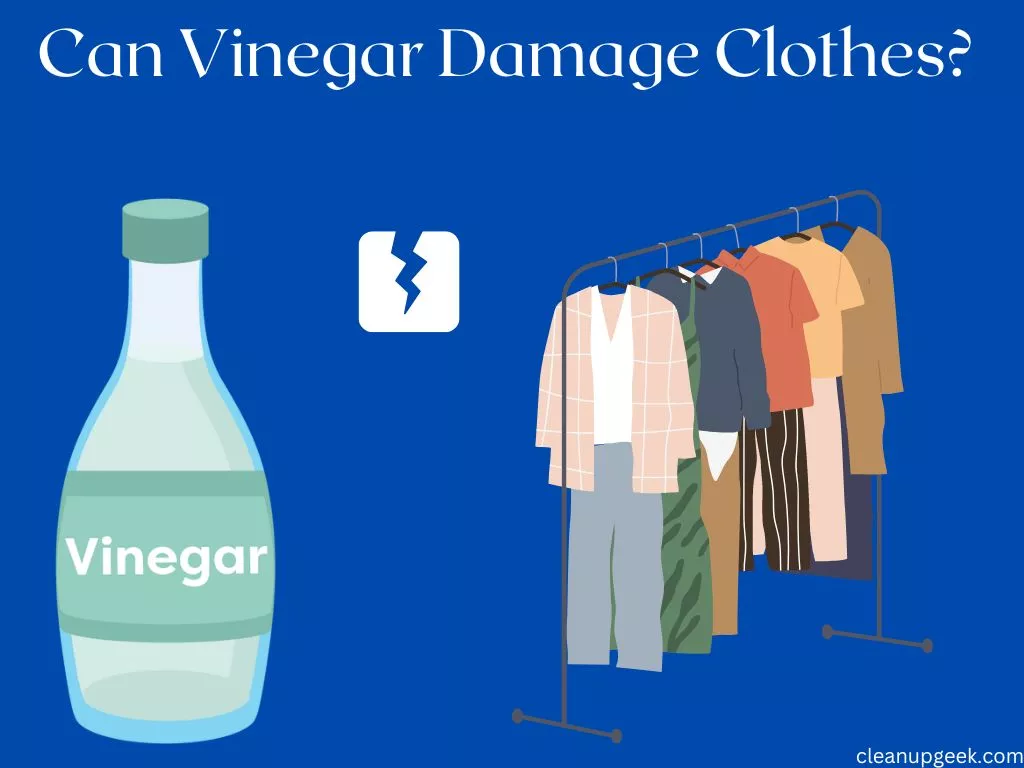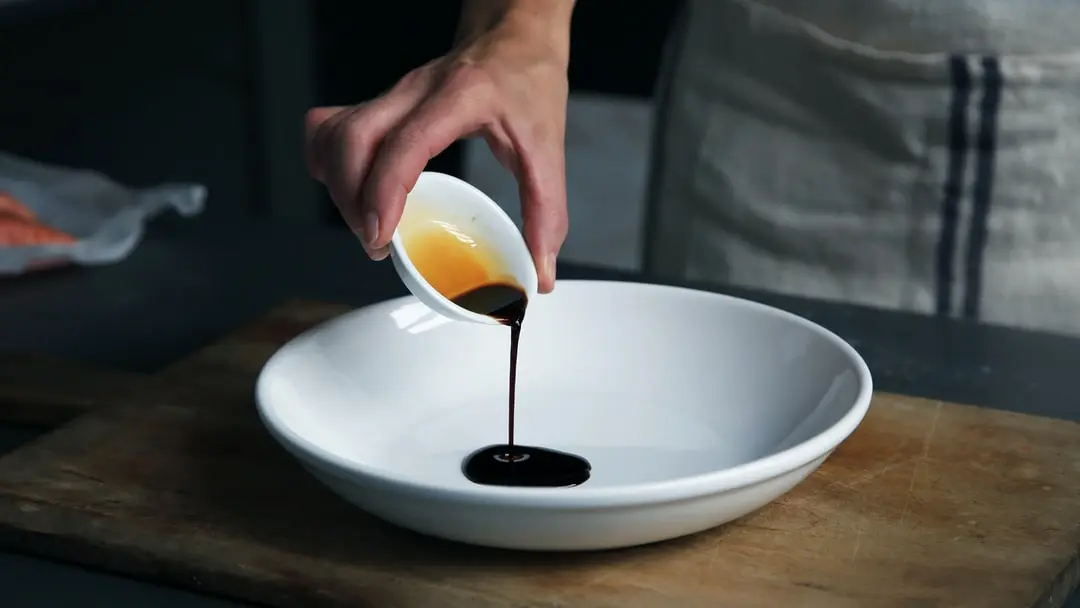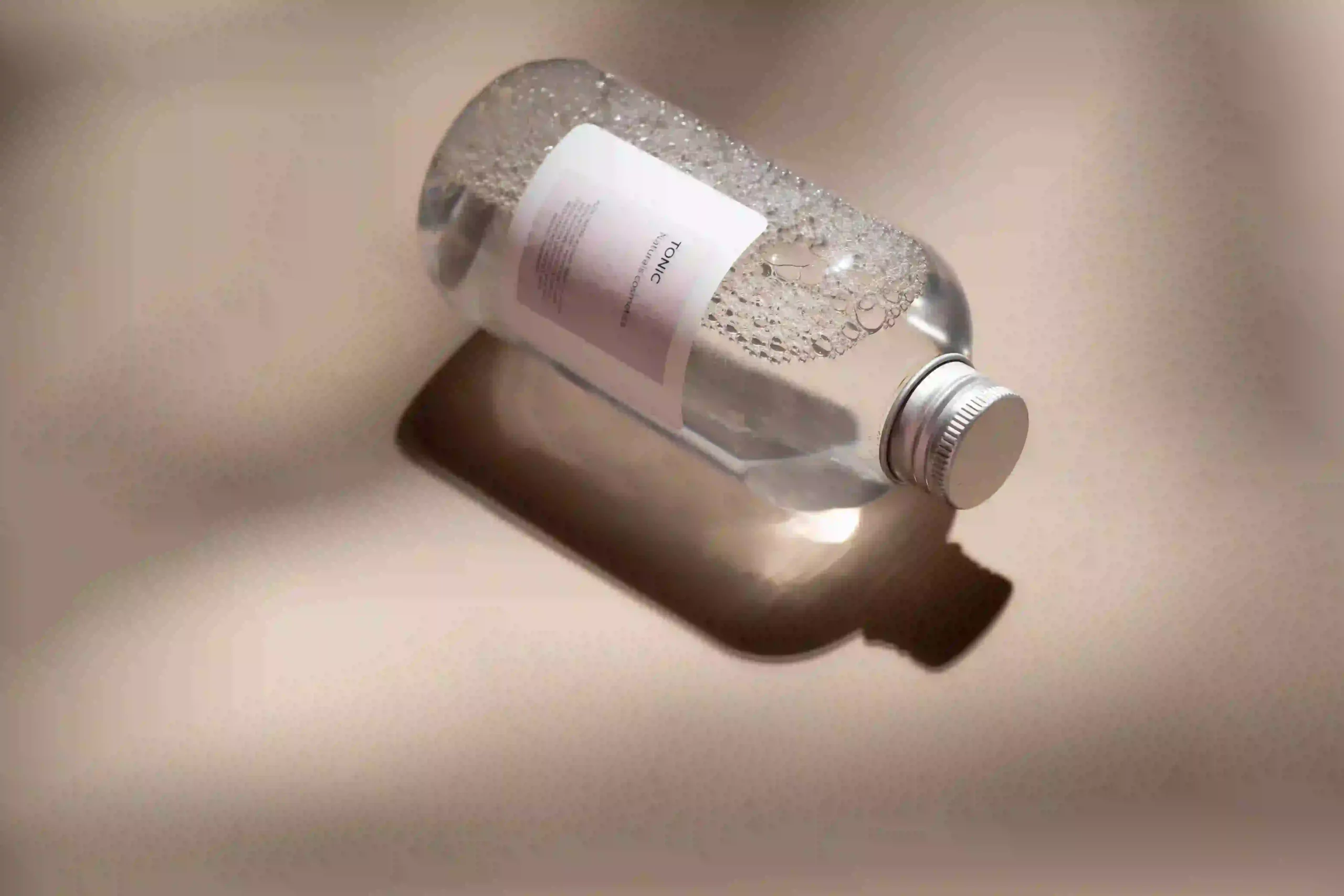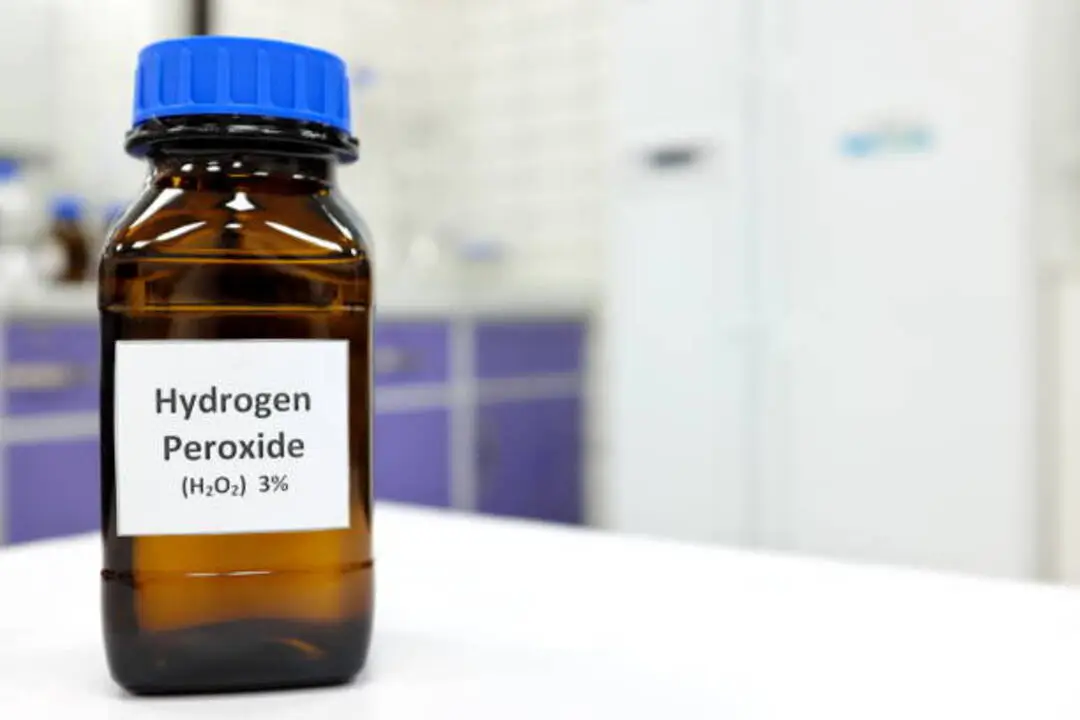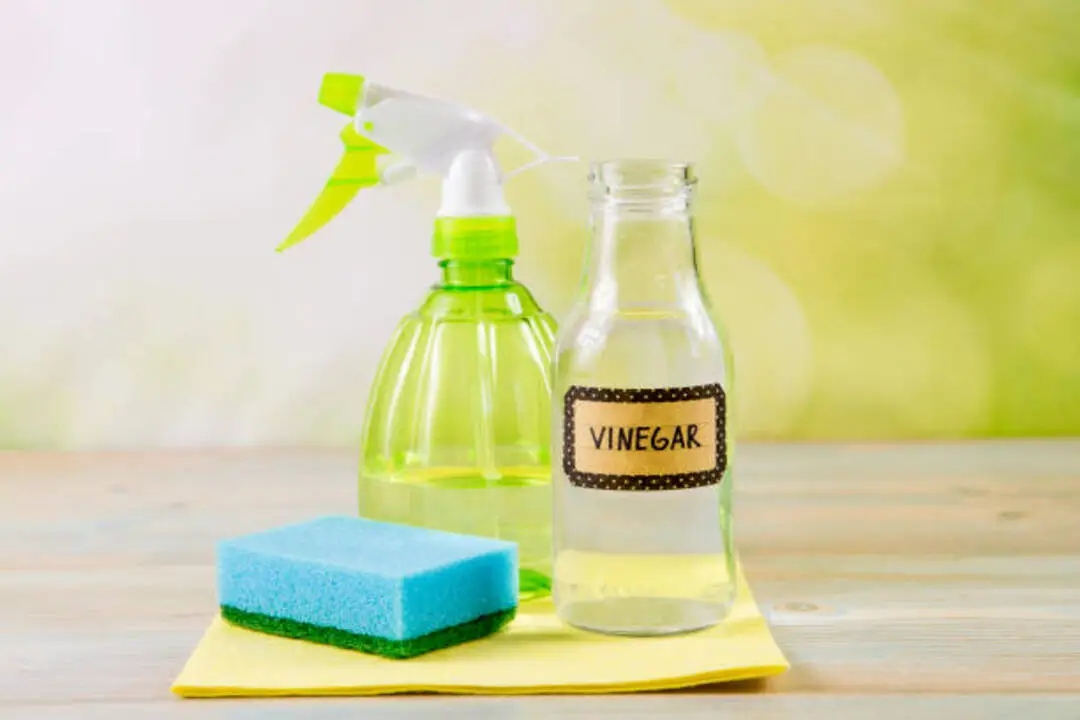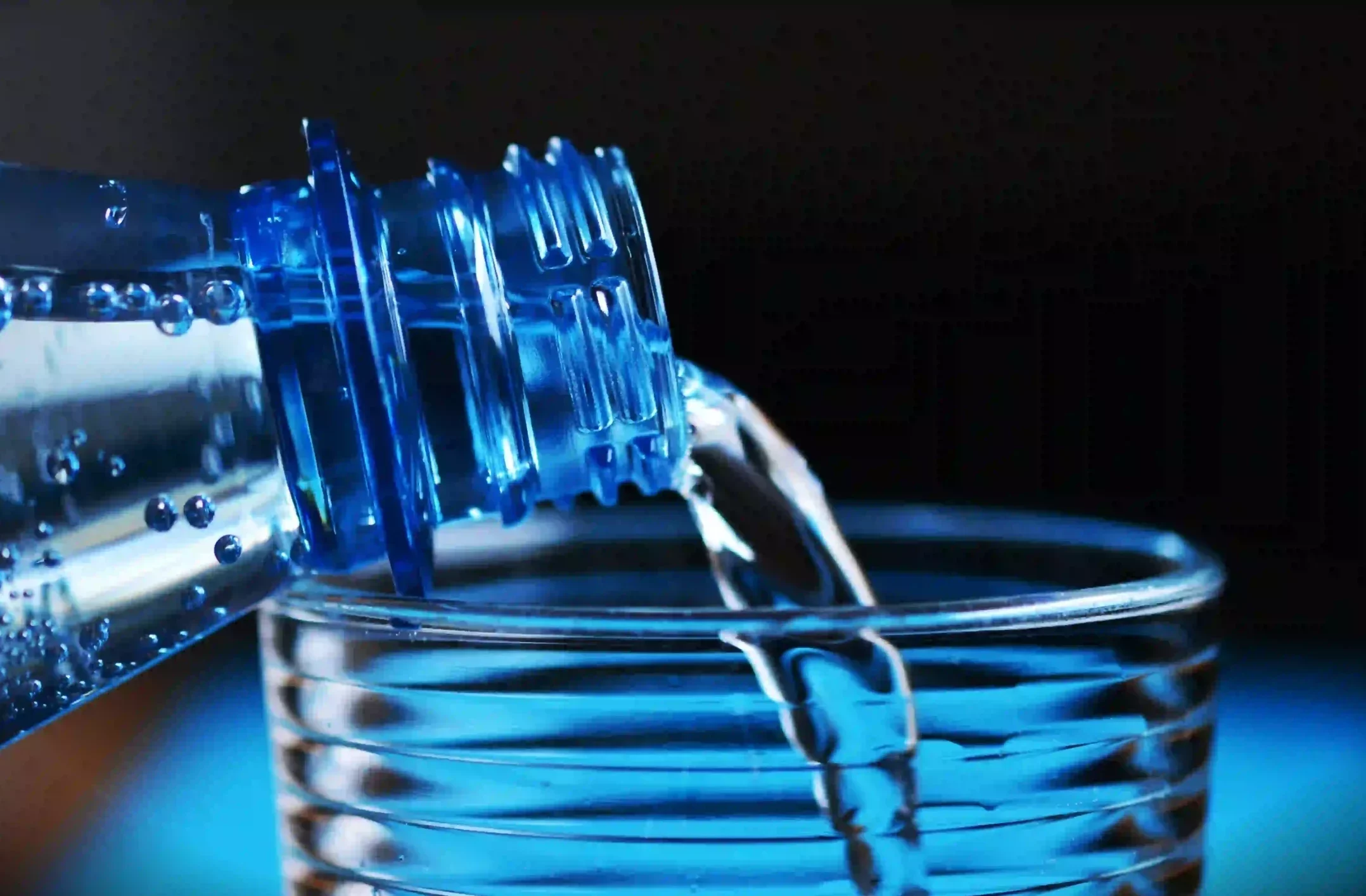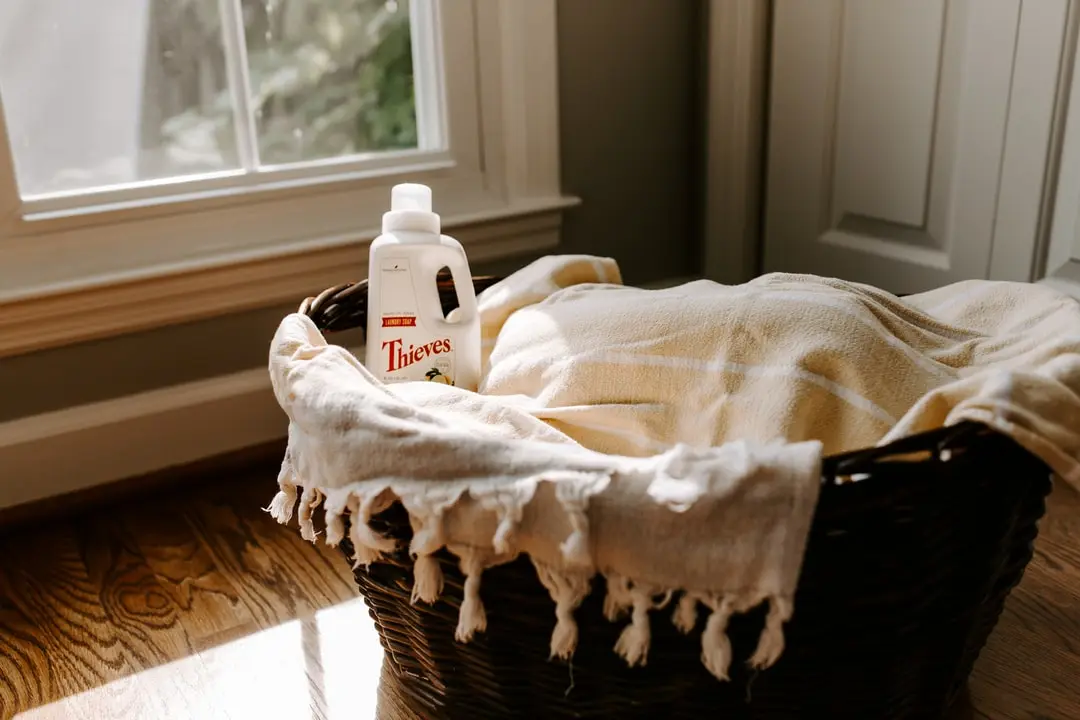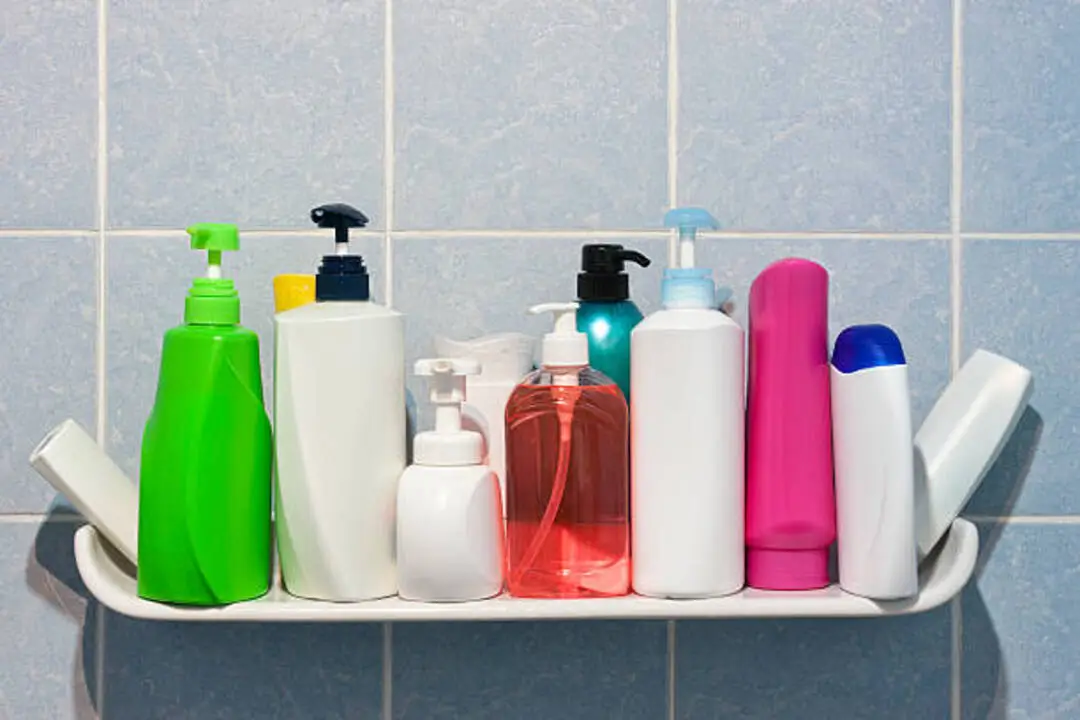Vinegar is a sour-tasting liquid that is made from fermented ethanol. It is commonly used as a condiment or for pickling. Vinegar has a long history, dating back to ancient times. The word vinegar comes from the French word vinaigre, which means “sour wine.” Today, vinegar is made from a variety of sources, including fruits, vegetables, and grains.
Vinegar can be used as a pre-wash treatment, added to the wash cycle, or used as a fabric softener. It is also a natural disinfectant and can kill bacteria. Vinegar is an inexpensive and eco-friendly way to get your laundry clean. However, can vinegar ruin your clothes?
Yes, vinegar can ruin clothes if used incorrectly. The acid in vinegar can break down the fibers of the fabric and cause them to fall apart over time. It is important to use vinegar correctly when cleaning your clothes or removing stains. Vinegar should always be diluted with water before coming into contact with clothes. When used correctly, vinegar can be a great way to clean clothes and remove stains.
But how effective can vinegar be in the laundry? How can vinegar ruin clothes, and what can you do to prevent it? What type of vinegar should you use for cleaning your clothes? How much vinegar should you use in your laundry? And how do you use vinegar to clean your clothes? Read on to find answers to these questions and many more!
Can Vinegar Ruin Your Clothes?

Vinegar is a common household item that can be used for cleaning, cooking, and even as a natural fabric softener. However, vinegar can also ruin your clothes if you use it incorrectly. If you spill undiluted vinegar on your clothes, it can cause them to fade.
Moreover, the acidity in undiluted vinegar can break down the fibers in your clothing, causing them to weaken and eventually rip or tear. Undiluted vinegar can even eat away the glue that holds your clothes together. If you spill undiluted vinegar on your clothes, it’s important to act quickly and rinse the area with cold water.
Therefore, how do you prevent vinegar from ruining your clothes? There are a few things you can do to prevent vinegar from ruining your clothes. First, always dilute the vinegar with water before using it on your clothes. Second, be sure to rinse your clothes thoroughly after using vinegar. Third, don’t use vinegar on delicate fabrics. Finally, avoid using vinegar on dark clothes. By following this guide carefully, you can prevent vinegar from ruining your clothes.
Why Should You Use Vinegar in Your Laundry?

If you’ve ever noticed your clothes smelling a little off after being laundered, it’s likely due to residual detergent. Even if you can’t see it, detergent leaves behind a soapy film that not only affects how your clothes smell but can also cause skin irritation. Vinegar is an inexpensive and effective way to remove this film and get your clothes to smell fresh again. Here are a few reasons why you should use vinegar in your laundry.
First, vinegar is a natural fabric softener. If you’ve ever felt like your towels were a bit stiff after washing them, try adding half a cup of vinegar to the wash cycle. You’ll be amazed at how much softer they come out. Secondly, vinegar is great for getting rid of stains. Just soak the stained item in a bowl of vinegar and water for 30 minutes before laundering it as usual. The stain will be gone!
Moreover, vinegar is also very affordable, which makes it a great option for those on a budget. Vinegar is an inexpensive and natural alternative to commercial fabric softeners and detergents.
Furthermore, vinegar is an environmentally friendly way of removing stains and odors from your clothes. Vinegar is gentle on clothes and won’t damage them as some chemical cleaners can. Lastly, using vinegar in your laundry can help extend the life of your clothes. Vinegar helps prevent color bleeding and fading, so your clothes will look newer for longer.
To use vinegar in your laundry, simply add 1 cup of vinegar to your washing machine during the rinse cycle. You can also add 1 cup of vinegar to a bucket of water and soak your clothes in it for 30 minutes before washing. So next time you do laundry, ditch the fabric softener and add a cup of vinegar to the rinse cycle. Your clothes will thank you for it!
Which Type of Vinegar is Best for Washing Clothes?

When it comes to doing laundry, vinegar can be a helpful tool. But with so many different types of vinegar on the market, which one is best for washing clothes? There are many different types of vinegar that can be used for cleaning clothes.
White vinegar and apple cider vinegar are the most popular kinds of vinegar used for cleaning. Each type of vinegar has its own unique benefits that can help clean clothes more effectively.
For general laundry, white vinegar is a great option. This is because white vinegar is more acidic than all other types of vinegar, which makes it much more effective at removing stains and odors than other types. White vinegar is an all-natural way to remove stains and odors from your clothing. Plus, it’s a great way to save money on laundry detergent.
If you’re looking for less acidic vinegar for cleaning, apple cider vinegar is a good choice. It is made from apples, so it has a natural disinfectant quality. Apple cider vinegar is also effective at removing odors from clothing. Cider vinegar is also environmentally friendly and gentle on fabrics, making it a great choice for laundry. However, apple cider is less effective at removing stains than white vinegar.
Whatever type of vinegar you choose, be sure to use it in conjunction with other laundry staples like detergent for best results. To obtain the maximum results from vinegar, do not overuse it on your clothes. Moreover, it is best to dilute it before using it on your clothes.
How Do You Use Vinegar When Washing Clothes?
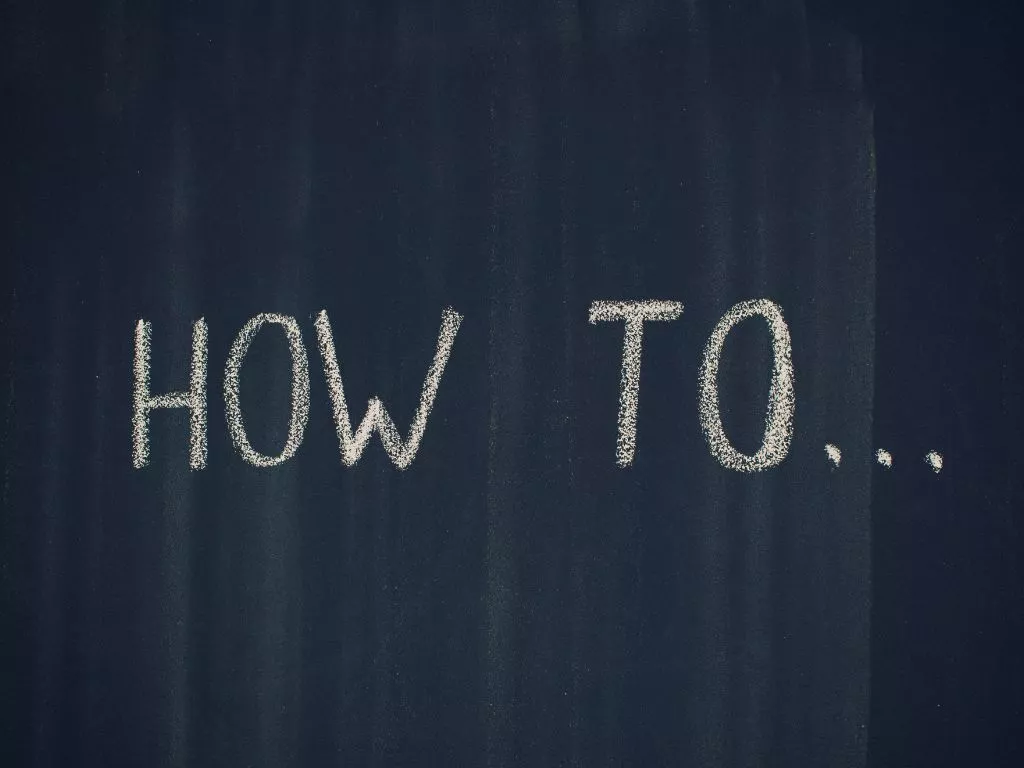
Vinegar is a common household ingredient that can be used for many different purposes, one of which is washing clothes. Vinegar is a natural fabric softener and can be used in the laundry to remove stains, odors, and buildup. It is also an eco-friendly alternative to commercial fabric softeners and dryer sheets.
Vinegar can be used in both the washing machine and by hand. You can add vinegar to your laundry in a number of ways. It can be used as a laundry detergent, as a stain remover, or as a fabric softener.
1. Using vinegar as a laundry detergent.
Laundry detergent is expensive, and the scented kinds can be harsh on sensitive skin. Did you know that you can use vinegar in place of laundry detergent? Vinegar is an all-natural product that can be used in place of laundry detergent. It is gentle on fabrics and will not cause fading or damage. Here’s how to use vinegar in place of laundry detergent.
To use vinegar in your laundry, pour 1 cup of vinegar into the detergent dispenser of the washing machine. You can also add a few drops of essential oil to the vinegar for a fresh scent. Avoid using detergent in addition to vinegar to wash your clothes. This is because mixing vinegar and detergent together will neutralize each other, which will otherwise cause stains instead of cleansing.
However, this method of removing stains from your clothes is less effective and can sometimes make your clothes come out of the washer looking dirty. Therefore, you can presoak the clothes in a vinegar solution before washing them normally with your detergent.
2. Using vinegar as a stain remover.
Stains are inevitable, but removing them doesn’t have to be difficult. Vinegar is a versatile and effective stain remover for many types of fabrics. Using vinegar as a stain remover is a simple and effective way to remove many different types of stains, including coffee stains, grass stains, and blood stains.
To use vinegar as a stain remover, simply soak the stained fabric in a solution of one part vinegar to two parts water. Let the fabric soak for at least 30 minutes, then wash it as usual in cold water with mild detergent. For tougher stains, you may need to repeat the process.
This method is the most effective way of removing stains from clothes when using distilled white vinegar.
3. Using vinegar as a fabric softener.
Vinegar is a popular household item that can be used for cleaning, cooking, and laundry. It is a natural product that is gentle on fabrics and can help remove stains and odors from clothes.
Vinegar can be used in both the washing machine and by hand, and it is safe for all types of fabrics. Vinegar can be used to soften clothes without the use of harsh chemicals. When used as a fabric softener, vinegar can help to remove static cling, wrinkles, and odors from clothing.
To soften your clothes with vinegar, simply add 1 cup of vinegar to the rinse cycle of your washing machine. In the case of hand washing, simply add the vinegar when rinsing the clothes. You can also add a few drops of essential oils to the vinegar for a pleasant scent.
Moreover, adding vinegar to the rinse cycle of your laundry has many benefits. First, it can help to remove any remaining soap residue from your clothes. This is especially important if you have sensitive skin or are allergic to certain detergents. Additionally, vinegar can help to brighten and whiten your clothes.
Final Thoughts
In conclusion, vinegar can ruin your clothes if you’re not careful. The acidity in vinegar can break down the fibers in your clothing, which will lead to them falling apart over time. If you want to use vinegar to clean your clothes, be sure to dilute it with water and test it on a small area first.
When it comes to laundry, always test the product on an inconspicuous area of the fabric first, and if you are unsure of the results, don’t use it. There are many other ways to remove stains from clothing that are less likely to cause damage. When in doubt, consult a professional.
